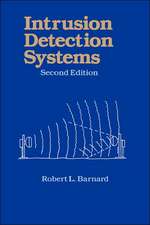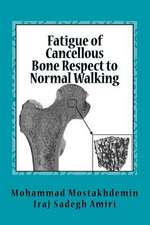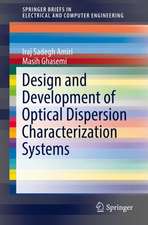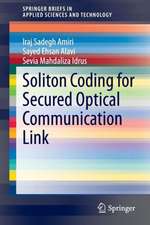A Study of Black Hole Attack Solutions: On AODV Routing Protocol in MANET
Autor Iraj Sadegh Amiri, Elahe Fazeldehkordi, Oluwatobi Ayodeji Akanbien Limba Engleză Paperback – 3 noi 2015
- Elaborates on the basics of wireless networks, MANETs
- Explains the significance behind the need of wireless networks and MANET security
- Understand MANET routing protocols, namely the ADOV method
Preț: 454.03 lei
Preț vechi: 567.54 lei
-20% Nou
Puncte Express: 681
Preț estimativ în valută:
86.87€ • 90.71$ • 71.74£
86.87€ • 90.71$ • 71.74£
Carte tipărită la comandă
Livrare economică 15-29 aprilie
Preluare comenzi: 021 569.72.76
Specificații
ISBN-13: 9780128053676
ISBN-10: 0128053674
Pagini: 122
Dimensiuni: 152 x 229 x 13 mm
Greutate: 0.2 kg
Editura: ELSEVIER SCIENCE
ISBN-10: 0128053674
Pagini: 122
Dimensiuni: 152 x 229 x 13 mm
Greutate: 0.2 kg
Editura: ELSEVIER SCIENCE
Cuprins
- Introduction
- Literature Review
- Research Methodology
- Investigation and Procedure Option
- Solution Execution and Results
- Conclusion and Future Work




















